Melden Sie sich bei getAbstract an, um die Zusammenfassung zu erhalten.
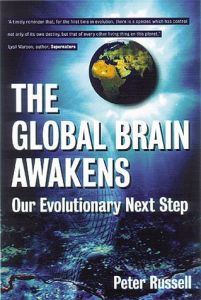
Melden Sie sich bei getAbstract an, um die Zusammenfassung zu erhalten.
Peter Russell
The Global Brain Awakens
Our Next Evolutionary Step
Element Books, 2000
Was ist drin?
Is the Internet the central nervous system of a newly evolving global being? Peter Russell thinks so...
Recommendation
Not too many philosophers have taken a serious crack at explaining what the advent of the Internet means to the future of human society. While technology takes a back-seat to spirituality in The Global Brain Awakens, author Peter Russell takes all the recent hype about global interconnectivity to a fascinating extreme: The Internet as the central nervous system to a newly evolved global organism. Russell draws parallels between the development of the central nervous system in living organisms and creation of Web communications here on Earth, which he argues is the biggest living organism of them all. Unfortunately, this intriguing line of thought is undermined by the book’s conclusion, which collapses into a mire of hokey higher consciousness that lacks the same critical reasoning. getAbstract recommends this book to anyone interested in an alternative vision of a Web-enhanced future, provided you are not turned off by its new age clichés.
Summary
About the Author
Peter Russell was among the first to introduce self-development to the business world. His corporate programs have proved useful to such companies as Apple, American Express, British Petroleum and IBM.










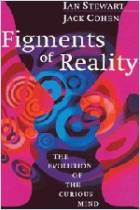
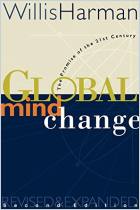

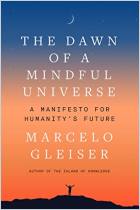
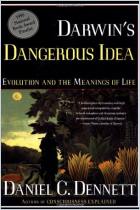
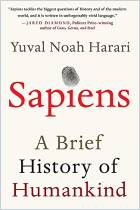

Comment on this summary